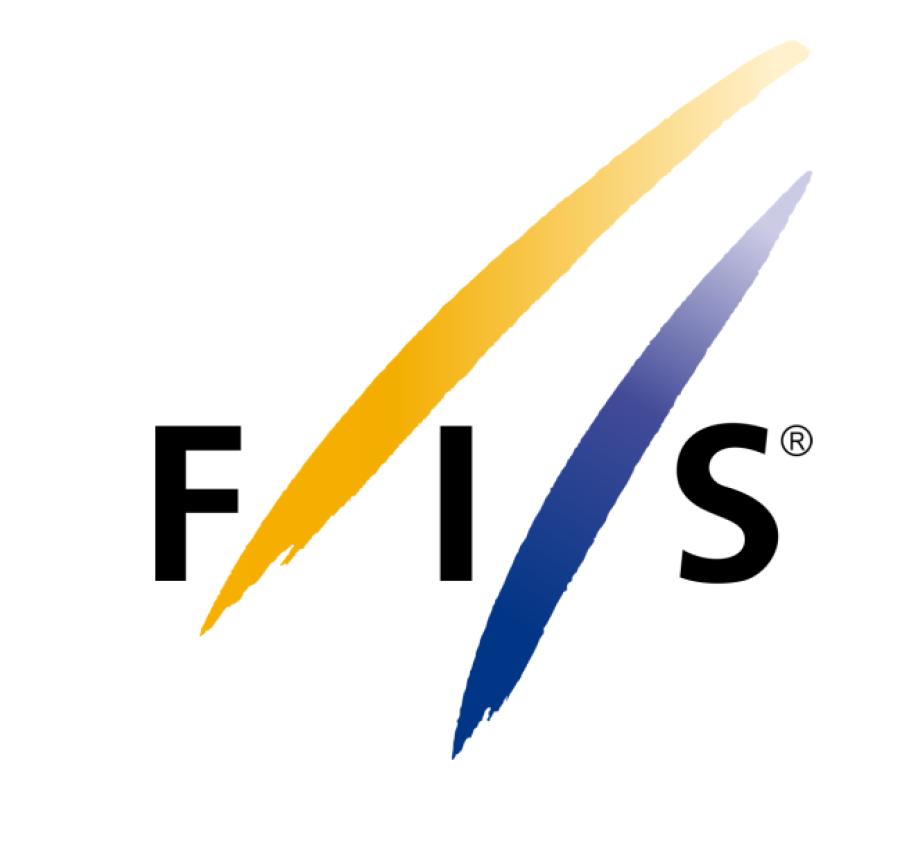Being prepared for doping control, having awareness about athletes’ rights and responsibilities, knowing the right tools to check medications and supplements, correctly submitting whereabouts information – these and many more topics are essential knowledge for every top-level athlete. However, these issues are complex and should be brought to the attention of the athlete in the right form at the right time in their career, because it is ultimately their responsibility to protect themselves from both intentional and inadvertent doping.
In order to protect and empower the athletes and all of the FIS community as they navigate the anti-doping system, FIS has partnered with the ITA to develop a comprehensive clean sport education programme. The partnership has come into effect in September 2020 and will last for a first term until the end of 2021.
In a first step, the ITA in close collaboration with FIS and its existing activities is developing an Education Plan for FIS in accordance with the World Anti-Doping Agency’s (WADA’s) International Standard for Education 2021. The ITA will also provide consultative support to ensure that said Education Plan is fully compliant with the incoming 2021 World Anti-Doping Code that makes anti-doping education compulsory for Code Signatories for the first time.
“Education and prevention are key elements of the clean sport landscape, but they are also very different from other anti-doping programme components that can be fully delegated. Education needs to be developed and delivered in close collaboration with a sporting body and I am thrilled that my FIS colleagues fully embrace this approach. This cooperation between FIS, ITA and UMIT is a progressive initiative for clean sport education that combines our respective strengths and resources in order to protect and empower FIS athletes and the larger sport community”, said Olya Abasolo, ITA Education Manager.




